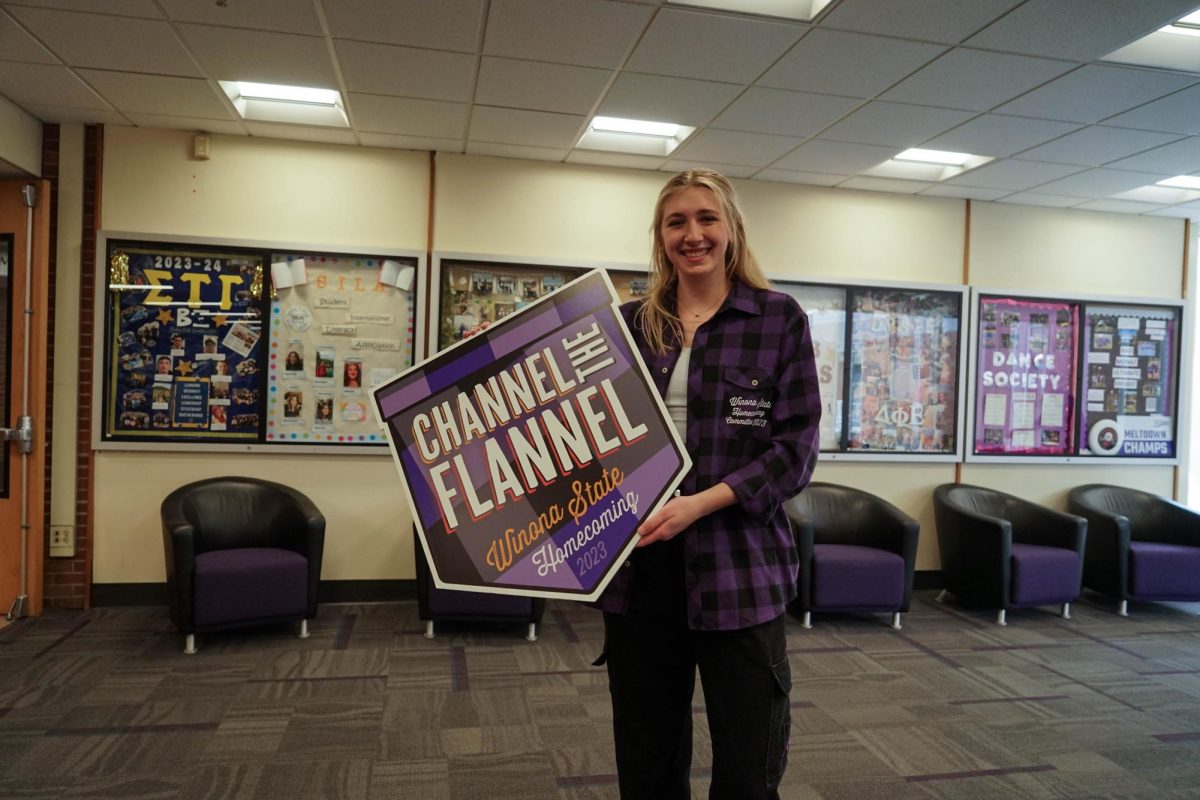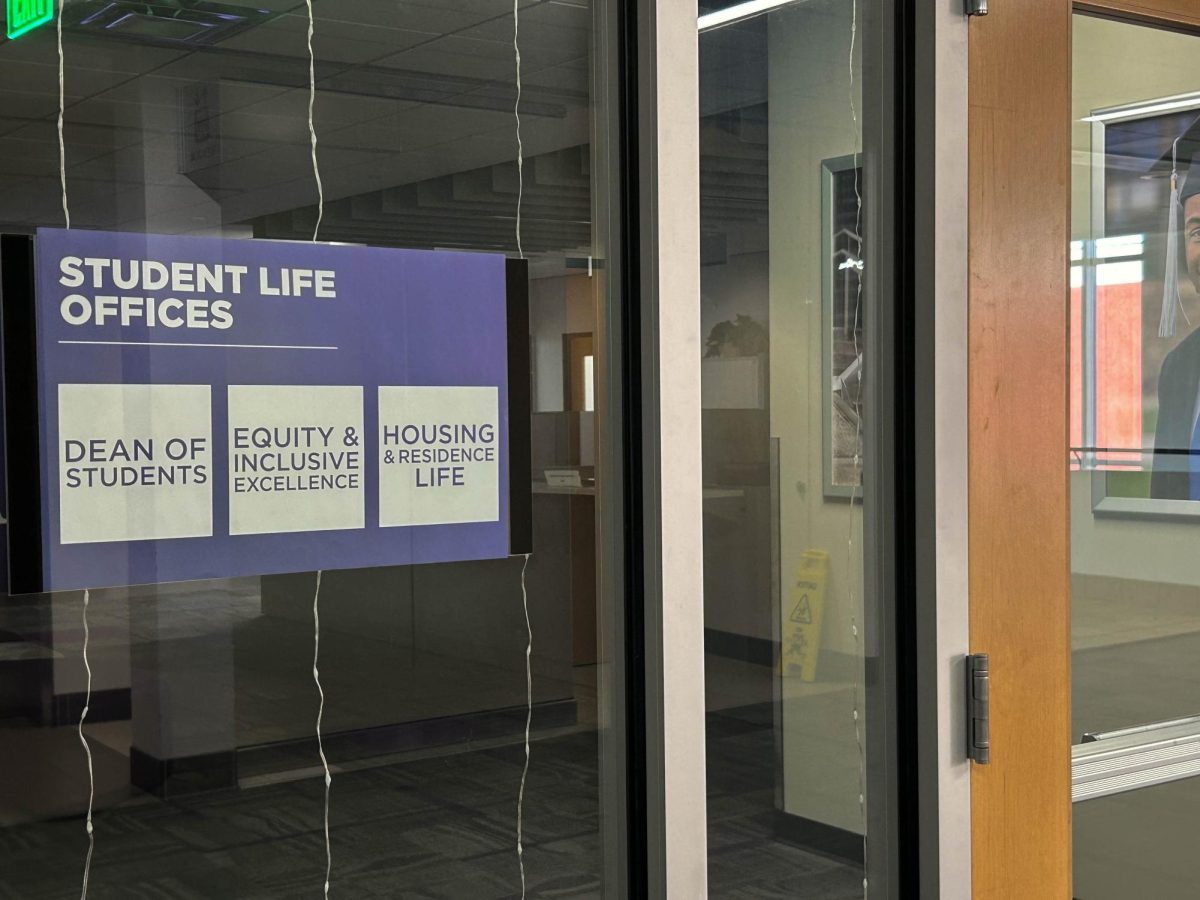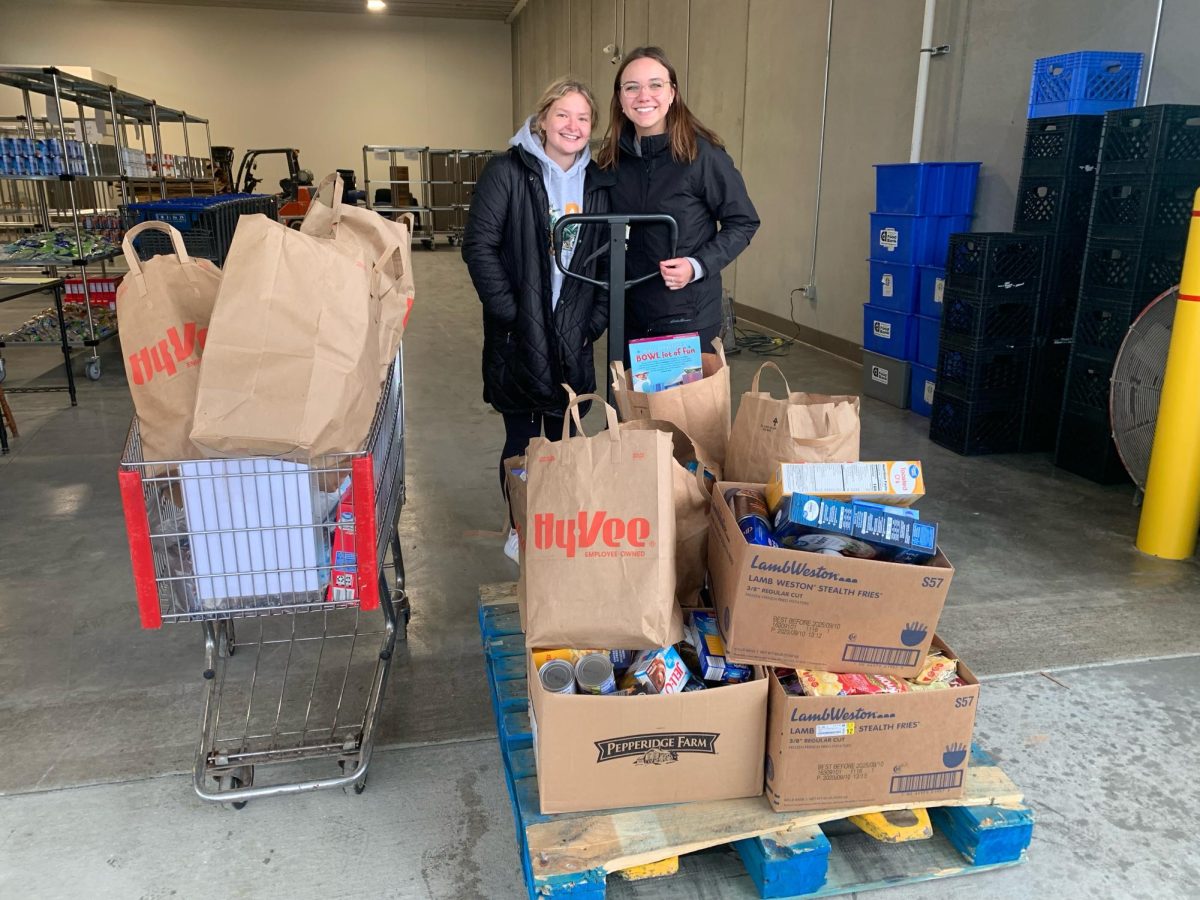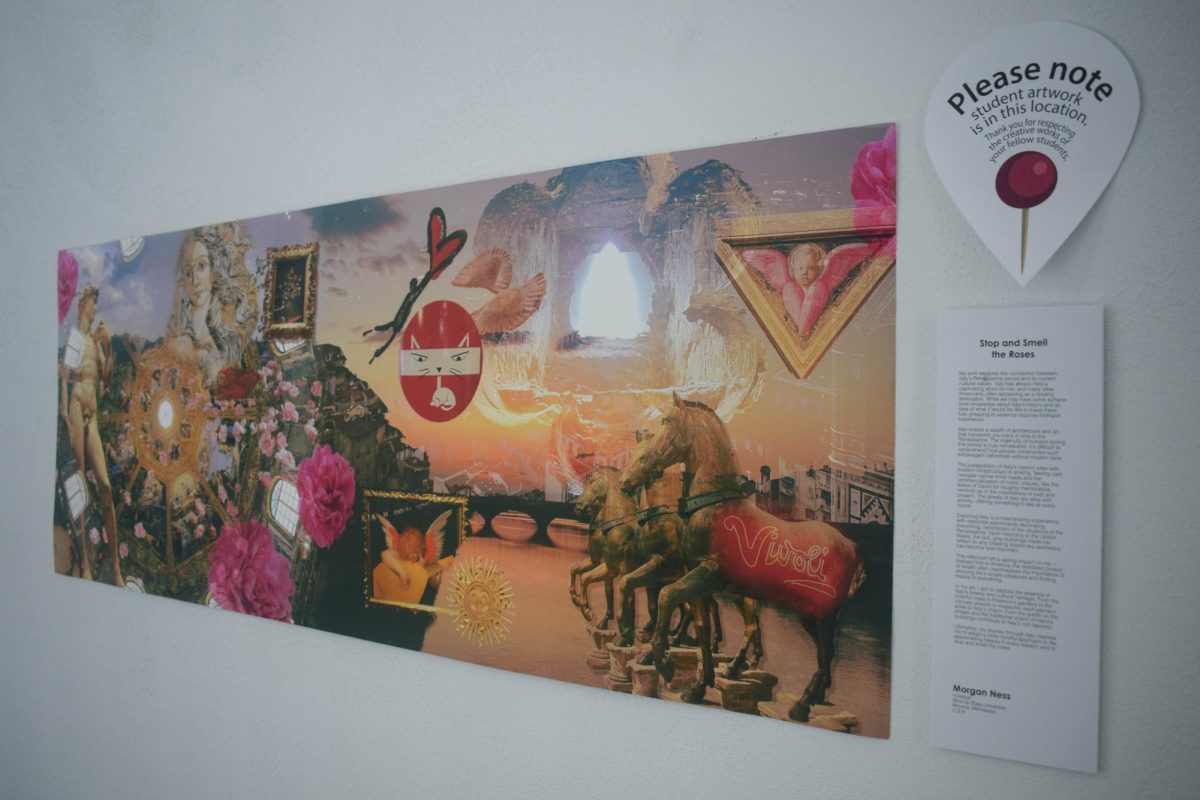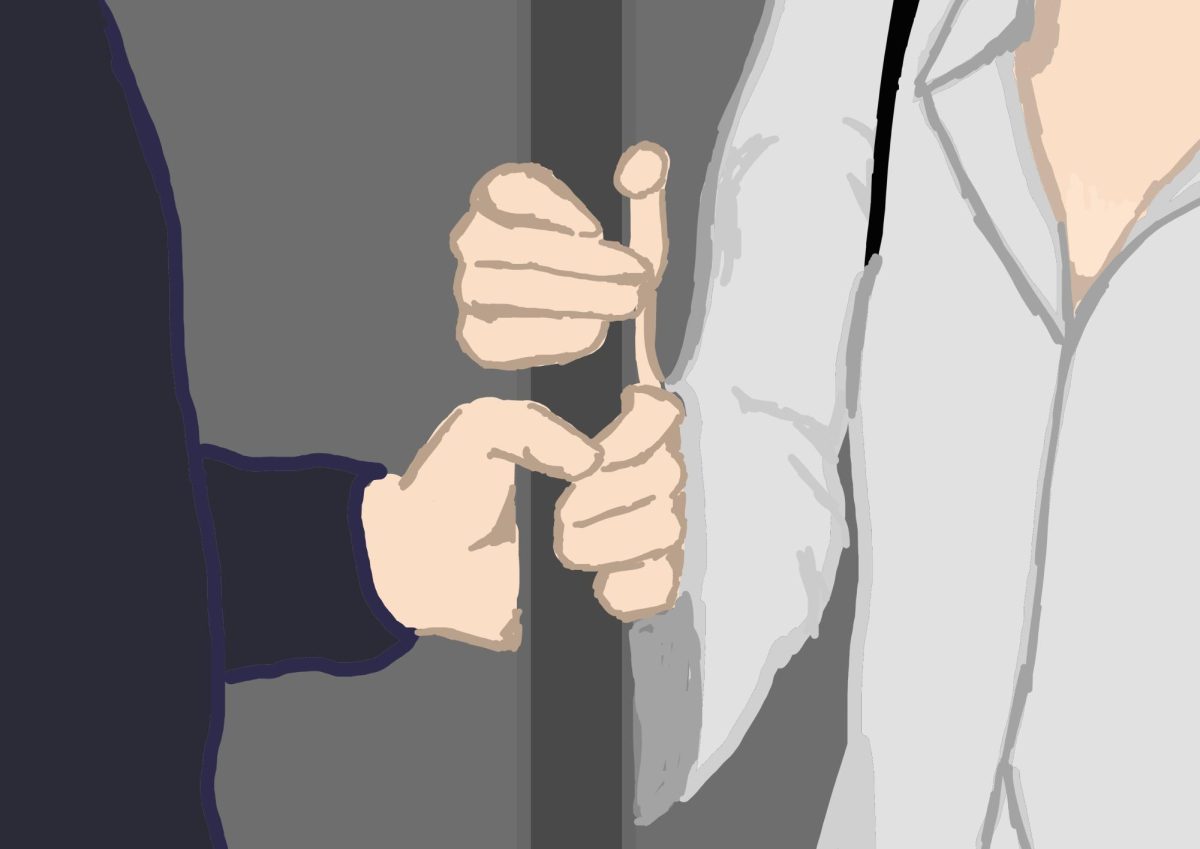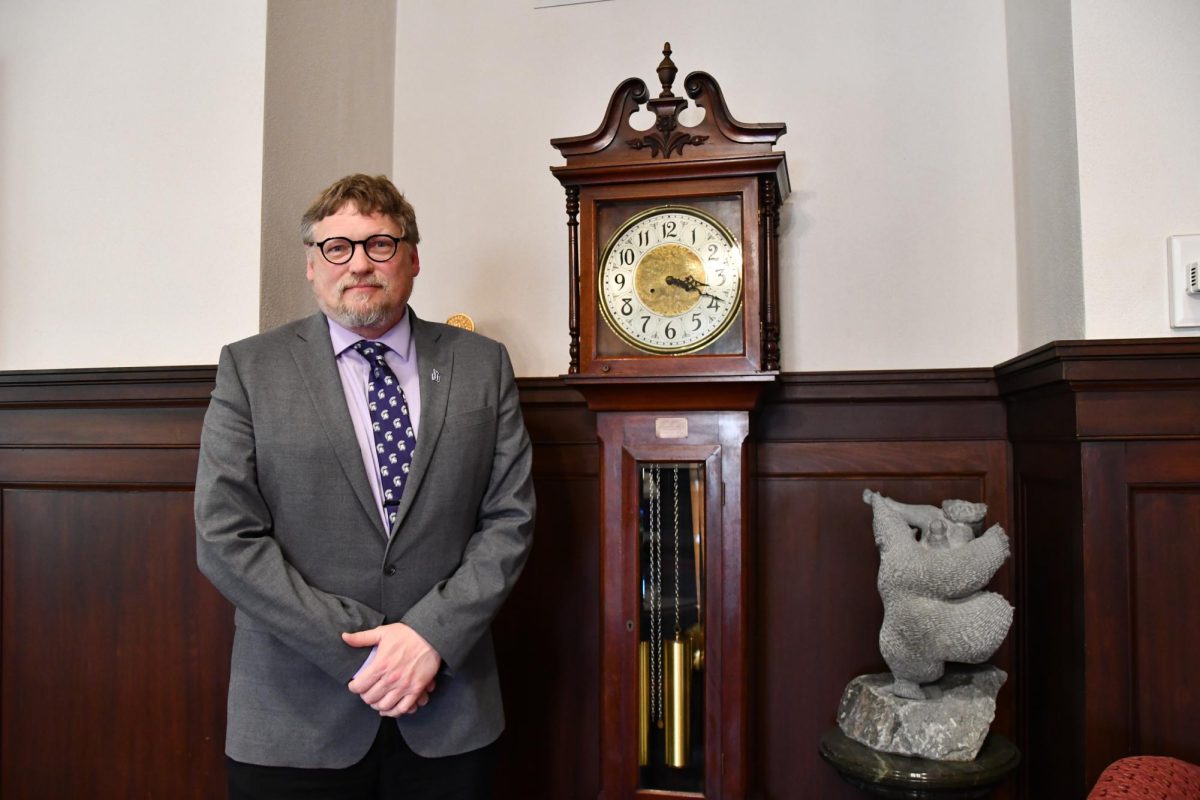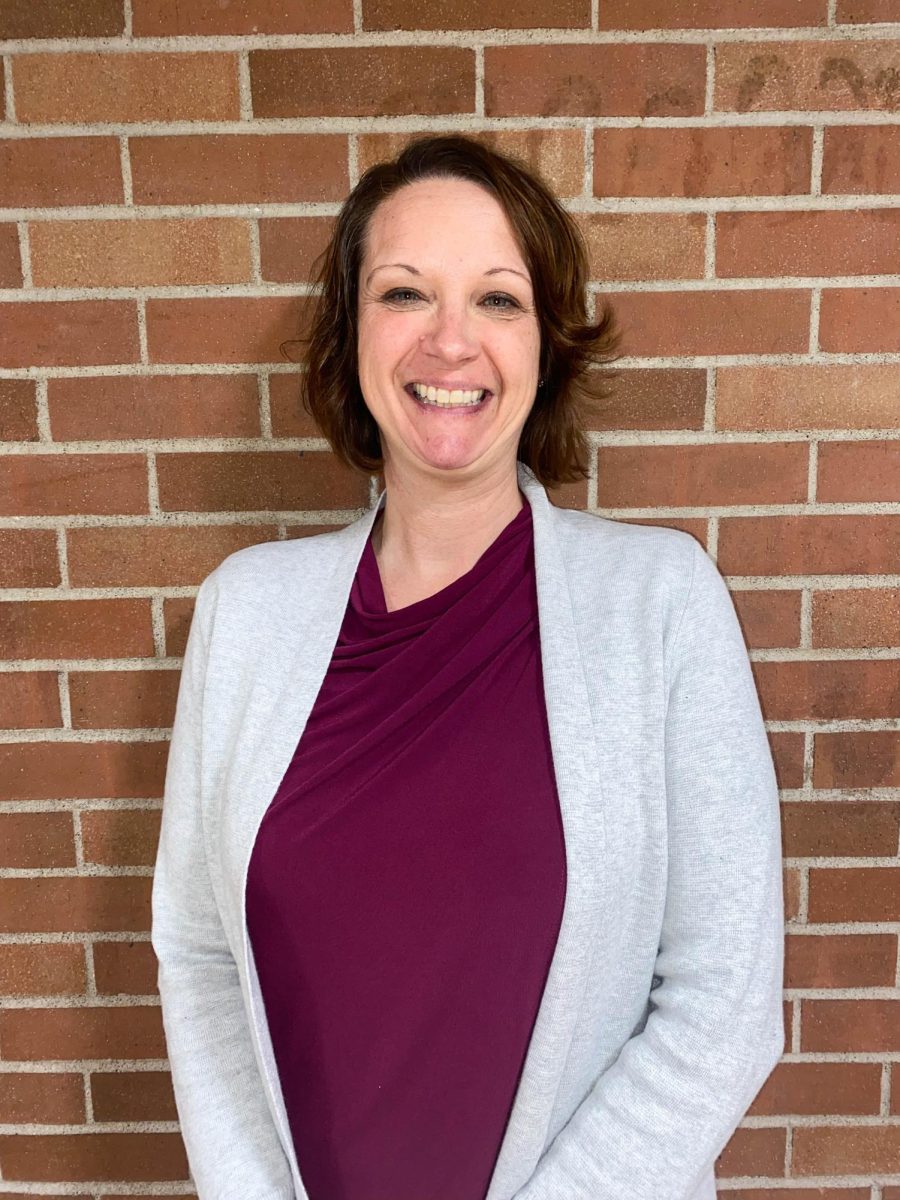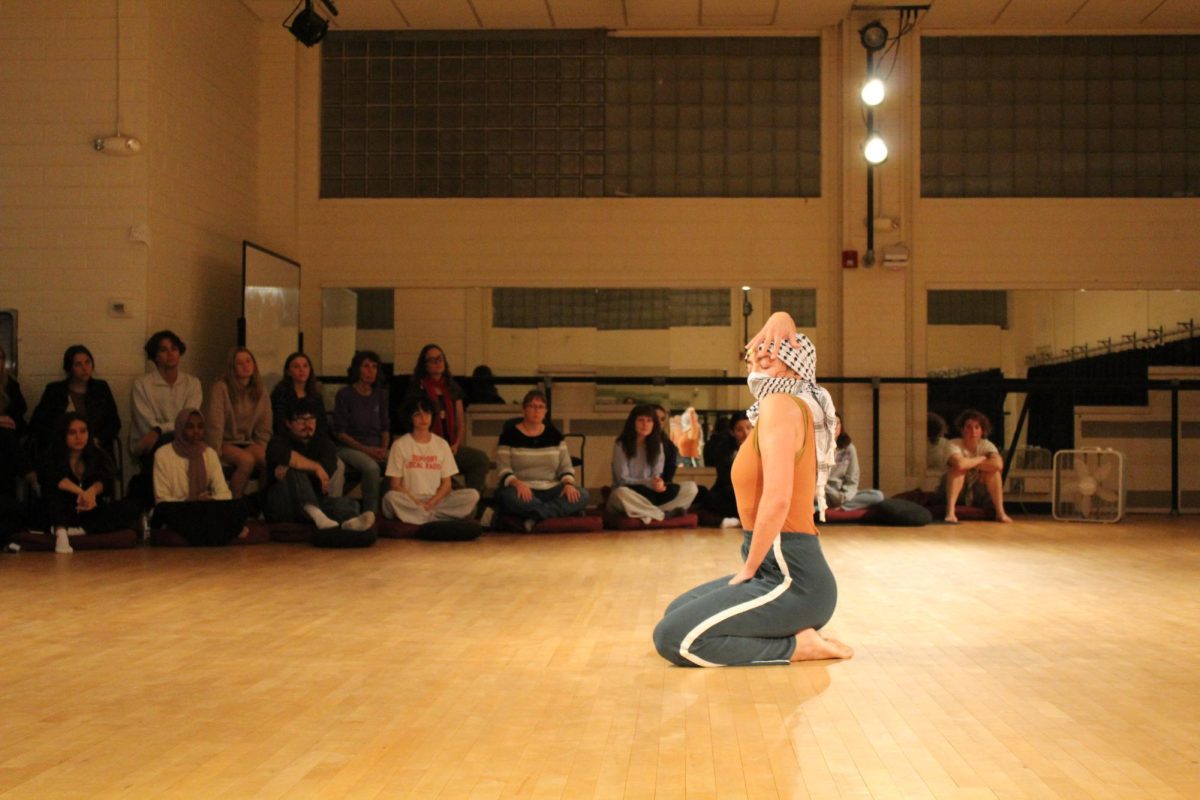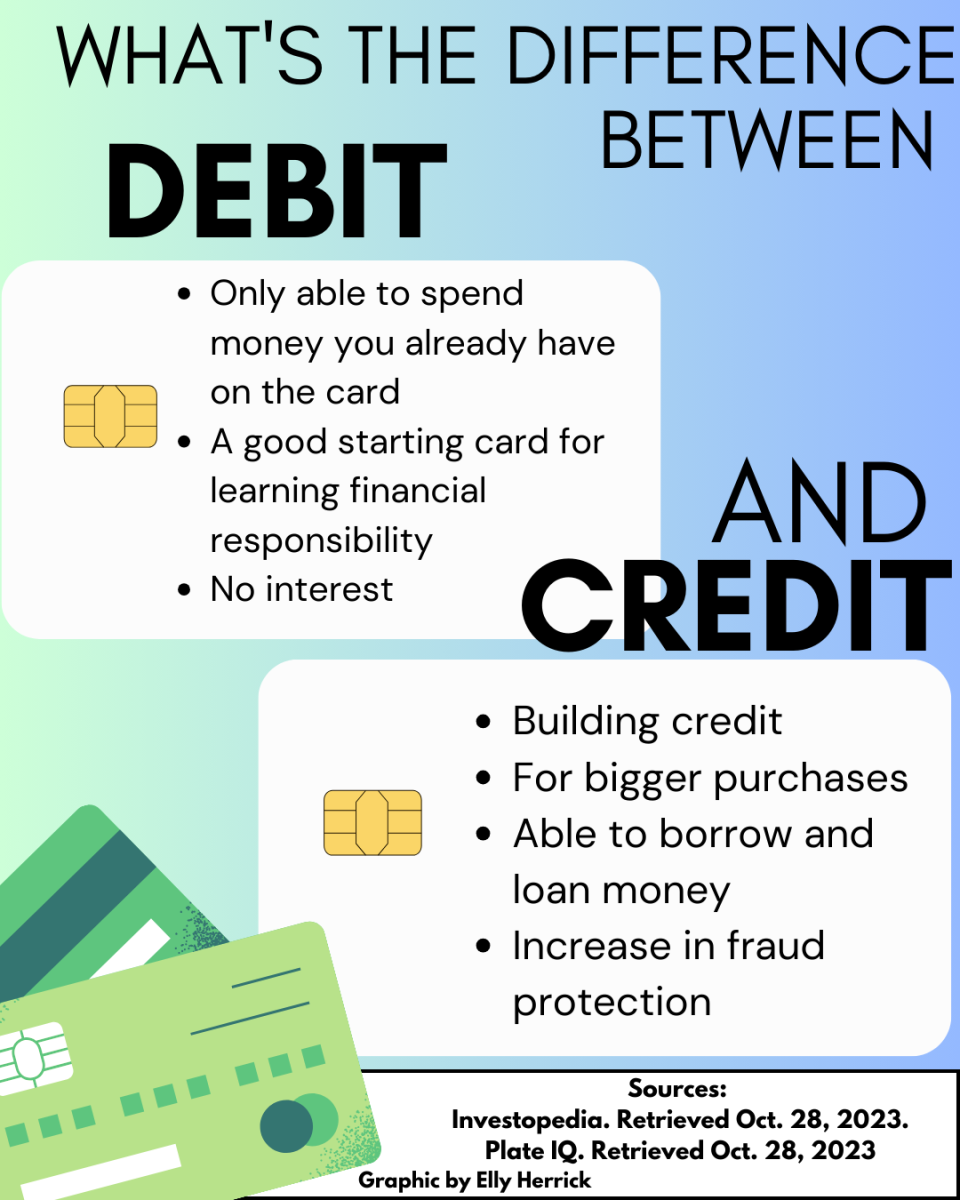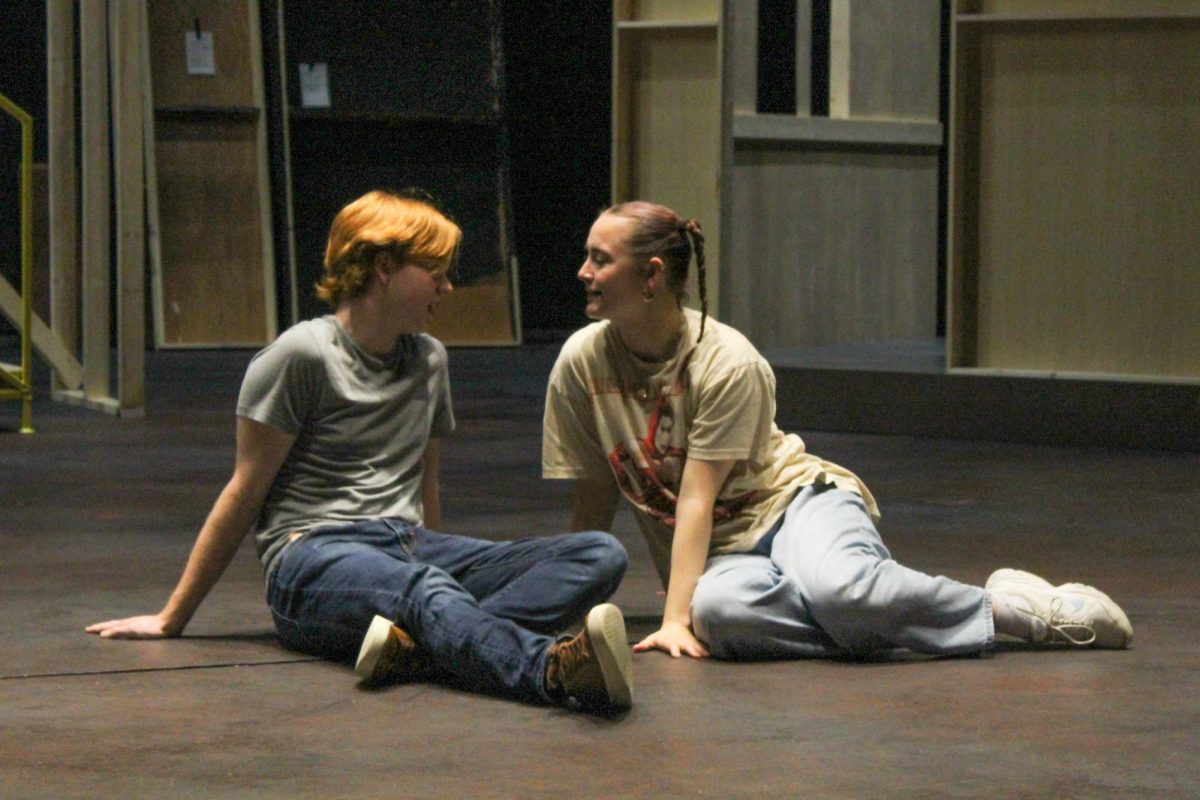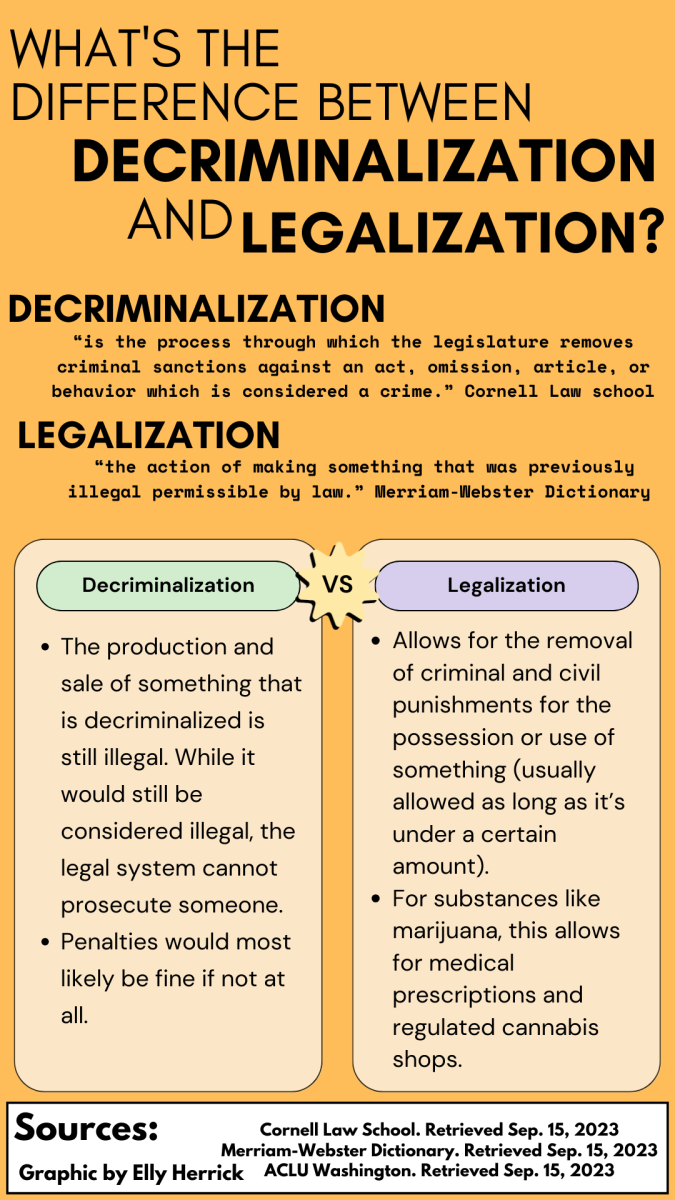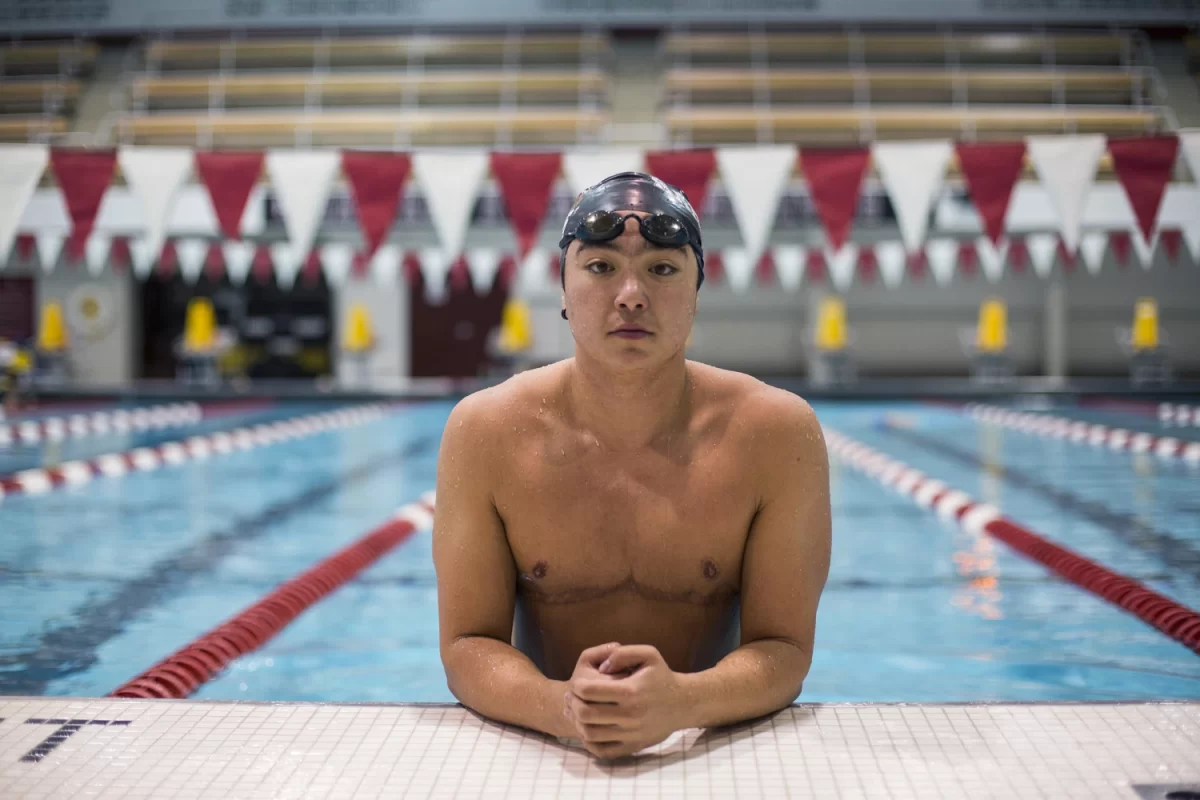Hannah Jones/Winonan
Most college students will say at least once in their academic careers that they can’t wait to graduate and be done with school—forever. After only one week of quizzes, assignments, syllabi, and building muscle tone just by shoving all the required textbooks into a too-small backpack, most can sympathize with a weary attitude toward education.
In fact, most of us have been sitting in school, learning, for the entirety of our lives, and frankly, we can’t wait to be done with the whole thing.
However, Winona State University also offers courses to a slightly different crowd, who are voluntarily coming back to the classroom. As part of the Senior University series, Winona State offers classes exclusively to students over 50 years of age.
One such a class, “Early Jazz, Ragtime, and the Blues” taught by retired professor Lyelle Palmer, takes place every Monday at one o’clock.
While countless traditional students were slogging semi-consciously through the first long day after winter break, Professor Palmer’s class was filing in to the cheerful plinking of old-time piano playing on the speakers. Lyelle Palmer, in addition to being a former member of the education department here at Winona State, before his retirement in 1963, was also a jazz musician, and played the clarinet as well as the saxophone.
Professor Palmer smiled at his new students, who settled into their respective chairs and placed their tented nametags in front of them, many laughing and chatting as class began.
“We’re about to take a tonal trip back in history,” Professor Palmer said, turning off the Maple Leaf Rag playing on his laptop. “A time before white bread, before enriched foods… a time when everybody was dancing, a time of trains, a time when there was a piano in every home.”
A few students nodded, perhaps imagining the bygone era of ragtime as Prof. Palmer described, in detail, the colorful, vivacious world of early jazz—or perhaps remembering a snippet from their own lives, each and every one of which had witnessed changes of the times, the ending of eras.
Palmer promised a course that would allow the students to explore a musical variety that was “complex, wonderful, and enjoyable,” but with a “dark side” in the form of racism, venereal disease, alcoholism, dope, and early death.
With that in mind, each student was asked about his or her interest in taking the course.
“I just love jazz,” said Beverly, a student sitting in the second row. Beverly had come to enjoy jazz while living in New Orleans, and is a current member of the Winona Jazz Society. Another student, Steven, confessed he loved the blues from the moment he first heard them.
“It was in the 60s, and I heard them from the Stones and the Animals,” he explained. He added that he’d love, one day, to be able to play the blues. Other students didn’t share the initial enthusiasm.
“I don’t like jazz,” said Joan, seated, frank and matter-of-fact, in the front row. “I thought if I learned more about it, maybe I’d like it a bit better.”
Prof. Palmer, who listened to each student’s story with a smile and a clever comment to add, surprisingly nodded understandingly at Joan’s distaste for the class’s chosen genre of music.
“In the early 50s,” he said, “I was turned off by be-bop jazz. There’s too many notes. What’s the point?” There was a brief pause, a sigh, and then the professor continued. Palmer said that when it came to appreciating and enjoying music, what it all came down to was two simple questions: “Was it worthwhile?” and “Is it worth listening to a second time?”
The students assembled in the classroom, all over 50, and all receiving no credit for their participation in the class, paid rapt attention to their instructor and looked through the sheet music and books being passed around the desks with keen, genuine interest. Learning, contrary to the average college student’s exasperated mantra, does not stop after college.
Furthering education is furthering the self.
If, after graduation, after work, after marriage, kids, travel, life, retirement, and the rest, we come back, perhaps we can assume it was because the whole thing was worthwhile—and well worth listening to a second time.
Contact Hannah at [email protected]




